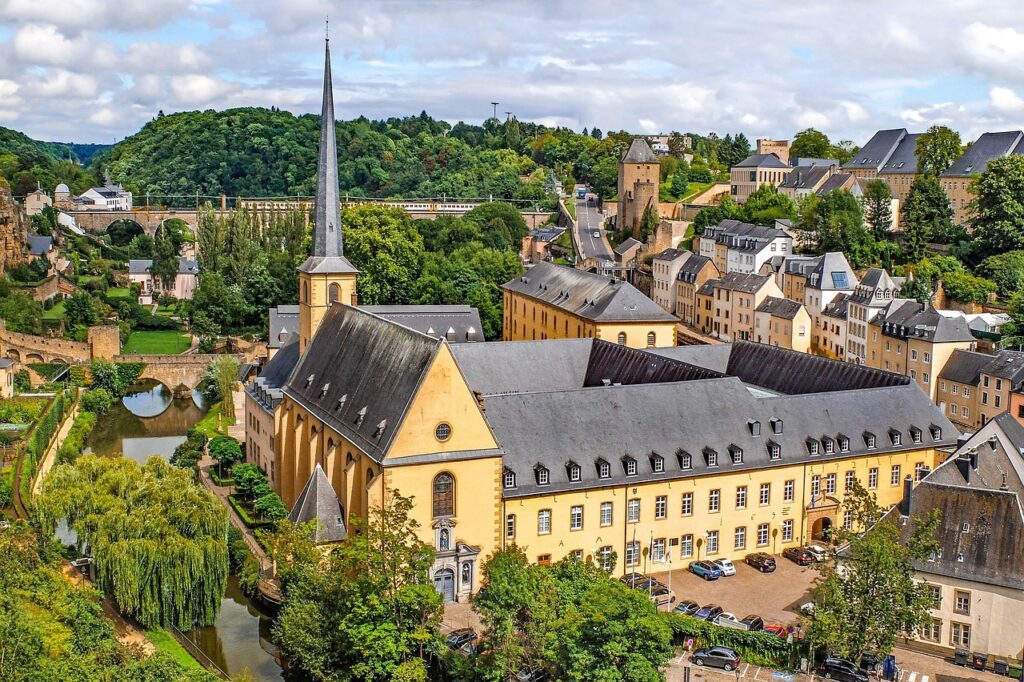In 2024, Luxembourg’s wine sector faced a tough growing season, but still delivered with resilience and craftsmanship. Winemakers across the Moselle region brought in an estimated 7.7 million liters of wine—a noticeable drop compared to past years. This lower yield was largely caused by spring frosts and bouts of fungal disease that impacted vines early on. Even so, producers remain optimistic about the vintage’s potential, suggesting that what’s lost in quantity might be made up for in quality.

Despite its compact size, Luxembourg holds a firm spot on the international wine map. In 2023, the country exported nearly $22 million worth of wine, proving that demand for its bottles stretches far beyond its borders. The biggest fans of Luxembourgish wine include Belgium, Canada, Germany, Hong Kong, and Finland. Belgium alone accounted for more than $6.6 million of that export figure. A large part of this success can be credited to Crémant de Luxembourg—an elegant sparkling wine made in the traditional method. Interestingly, Luxembourg is officially allowed to use the label “crémant,” which speaks to its reputation and compliance with high standards.
The variety of grapes grown in the country is surprisingly broad, given its small vineyard area. Winegrowers cultivate grapes such as Rivaner, Auxerrois, Riesling, Pinot Blanc, Pinot Gris, and Pinot Noir, creating everything from crisp whites to more complex aromatic wines. There are even rare offerings like ice wine and straw wine produced when the weather conditions are just right.
Luxembourg places a strong emphasis on quality control. Before wines hit the shelves, they’re assessed for clarity, aroma, and flavor. Only those that pass strict evaluation are awarded the “Marque Nationale” seal—a symbol of trust and excellence. More recently, sustainability has become a core focus in vineyards. Many producers are embracing eco-conscious practices, such as reducing chemical use and turning to natural pest deterrents.
Wine isn’t just a business in Luxembourg—it’s also a cultural cornerstone. Throughout the year, the country hosts lively celebrations of its wine heritage. Each September, the Grevenmacher Grape and Wine Festival lights up the Moselle valley with parades, tastings, and the ceremonial crowning of the Wine Queen. In winter, “Wine Lights Enjoy” transforms the landscape into a glowing path of light installations and cozy tastings, inviting visitors to experience the vineyards in a whole new way.
Even with a challenging harvest, 2024 reaffirmed that Luxembourg’s wine industry is built on more than just favorable weather—it’s about dedication, tradition, and constant evolution. This quiet corner of Europe continues to win hearts around the world, one bottle at a time.